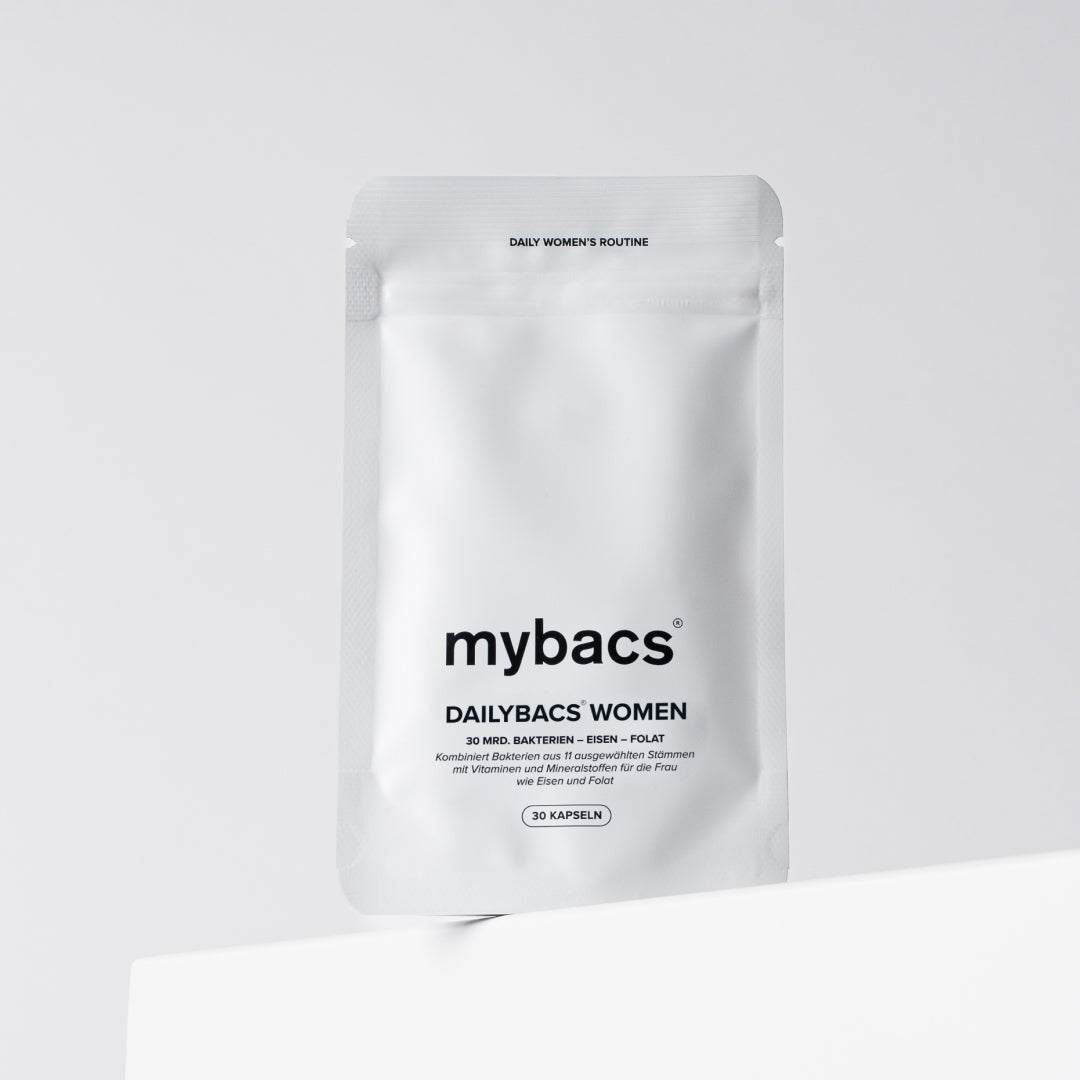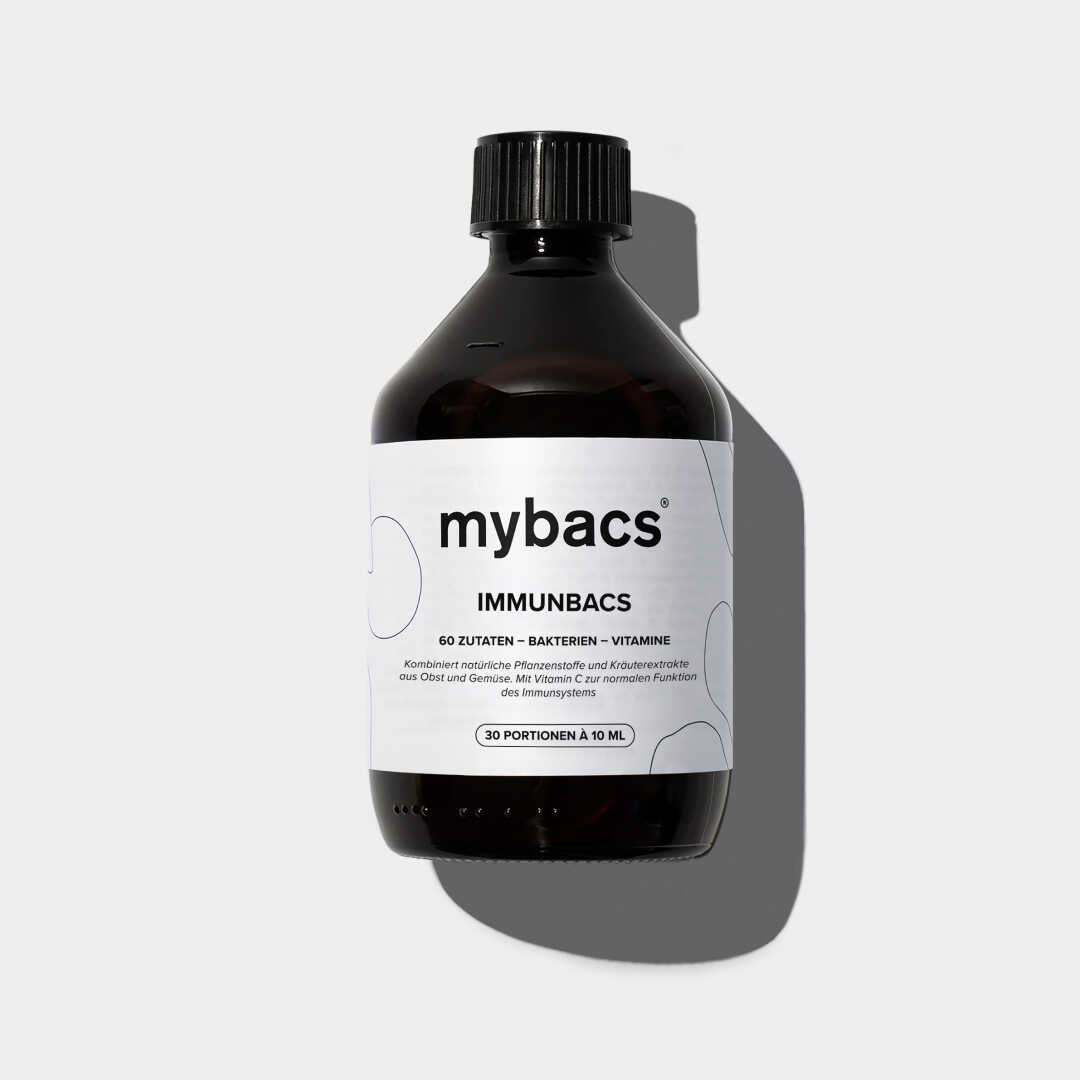Acne is one of the most common skin diseases, caused by clogged pores, excessive sebum production and keratinization, as well as the growth of certain bacteria. Acne manifests as blackheads, pimples, pustules, and nodules and primarily affects the face, but can also appear on the back and chest. Acne is not contagious and is particularly common during puberty. Around 70 to 95 percent of adolescents have acne-related inflammatory skin changes. Acne can also have psychological effects, as it can affect self-confidence and body image.
Types of acne and their symptoms
"Acne vulgaris" is the medical term for the most common form of acne, known as simple acne. Acne is a more general term used for any form of skin disease characterized by inflammation, pimples, and blackheads. Depending on the type and severity of the acne, different forms are distinguished:
- Acne comedonica: This is a form of mild acne primarily caused by clogged pores, which lead to blackheads and whiteheads. These are particularly common on the nose, chin, and forehead.
- Acne papulo-pustular: Inflammatory (purulent) pustules, tender papules, and small nodules. Also affects the chest, back, and upper arms, with possible scarring.
- Acne conglobataThis is a rare and serious form of acne characterized by large, deep nodules, abscesses, and ducts filled with pus. This form primarily affects men.
Differences between men and women
Although acne can occur in both sexes, there are some differences in the type and severity of symptoms, as well as the factors that contribute to its development. Hormonal changes can play a role in the development of acne in women, particularly during puberty, menstruation, pregnancy, and menopause. Men, on the other hand, are more likely to have a hereditary predisposition that leads to acne. Women also often have a milder form of acne that is mainly limited to the face, neck, and back, while men are more likely to suffer from more severe forms of acne that can also spread to the chest and upper body. Stress, an unhealthy diet, and unsuitable skin care products can contribute to the development of acne in both sexes. In women, hormonal changes due to the use of certain medications or birth control pills can also play a role. When it comes to treating acne, women can often benefit from hormonal therapy to treat acne, while men more often require antibiotics or other topical or systemic therapies.
Causes of acne
The Main causes of acne are:
- Hormonal changes: Changes in hormone levels, such as during puberty or in women during their menstrual period, can lead to increased sebum production, which contributes to the clogging of pores and the development of acne.
- Excessive sebum production: Excess sebum can clog pores and promote bacterial growth.
- Bacterial infection: Propionibacterium acnes (P. acnes) is a bacterium that occurs in the pores and can cause acne if excessive sebum production occurs.
- Hornification disorders: A disruption of the skin's natural hornification process can contribute to the blockage of pores and the development of acne.
- Genetic factors: Acne can be inherited, indicating that genetic factors may play a role in the development of the condition.
- Environmental factors: Some environmental factors, such as stress, poor diet, alcohol consumption and certain cosmetics can worsen acne
Diagnosis and treatment of acne
Acne is usually diagnosed through a thorough physical examination by a dermatologist. No permanent cure for acne has yet been found. However, with proper treatment, the course of the disease can be shortened, its severity reduced, and scarring prevented. There are a variety of treatment options for acne, including proper facial cleansing and skincare, topical medications such as benzoyl peroxide and retinoids, oral antibiotics, and hormonal therapies. The choice of treatment depends on the severity of the acne and age. It is best to consult a dermatologist to determine the best treatment option for your individual situation.
Skin flora: Acne changes the skin microbiome
In addition to the causes mentioned above, it has also been found that a disturbed skin microbiome can have a significant impact on the occurrence of acne. The skin microbiome refers to the diversity and ratio of microorganisms that live on the skin. Healthy skin has a balanced skin flora that protects the skin from infections and inflammation. However, if the microbiome is disturbed, it can lead to an overgrowth of pathogenic bacteria such as Propionibacterium acnes This can lead to inflammation of the sebaceous glands and the formation of acne. A disturbed skin microbiome can arise for various reasons, including excessive cleansing, antibiotic use, stress, and an unhealthy diet. To keep the skin microbiome in balance and prevent acne, it's important to lead a healthy lifestyle, including a balanced diet, regular physical activity, and sufficient sleep. It's also important to be mindful of the use of harsh cleansing and beauty products and, if necessary, switch to milder alternatives. Here's another example: a visit to the dermatologist can't hurt here either.
Is the intestine the cause of acne?
In addition to the influence of the skin microbiome, studies have shown that acne is also linked to the gut. The gut plays an important role in regulating the immune system and controlling inflammation in the body. Dysfunction in the gut can lead to systemic inflammation and immune dysfunction, which in turn can contribute to the worsening of acne. Certain bacteria in the microbiome are thought to play a role in regulating inflammation and other processes relevant to skin health. Furthermore, an imbalance in the gut flora can also affect the hormonal system, which can also contribute to the development of acne.
How diet can affect acne
An unhealthy diet rich in refined carbohydrates, sugar, and processed foods can lead to dysbiosis (disturbance of the microbiome) in the gut and thus also affect the appearance of acne.A balanced diet rich in fiber, fresh fruits and vegetables can improve the gut microbiome and help reduce acne.
Scientists have found in studies that acne patients almost exclusively have an unbalanced microbiome. New approaches to treating acne therefore increasingly include probiotics and prebiotics, as these have been shown to be beneficial to the intestinal flora and can restore it to balance.
In this context, we have our Dermabacs ® developed – a synbiotic that can also specifically target acne. Want to learn more? Then click here and take a closer look at Dermabacs®!






